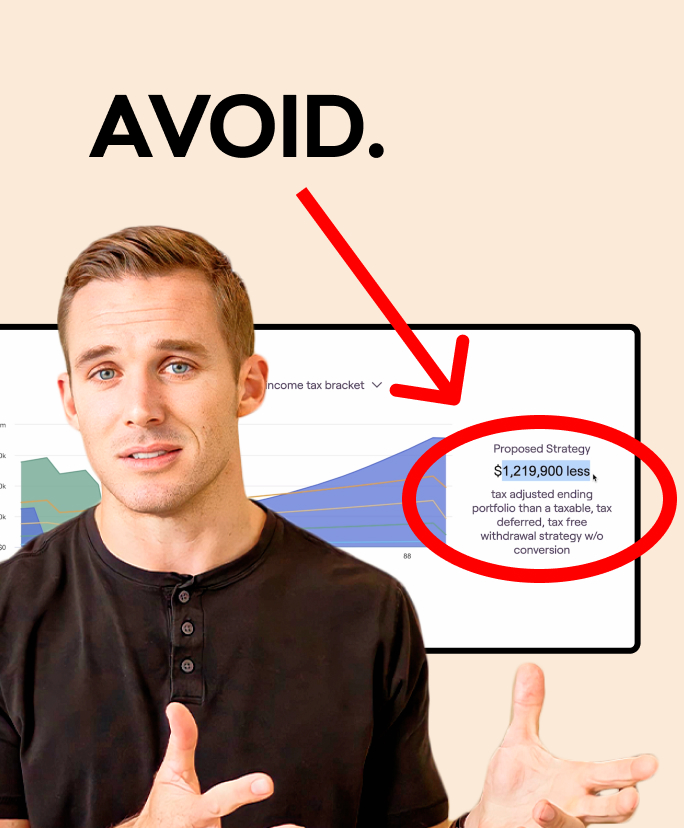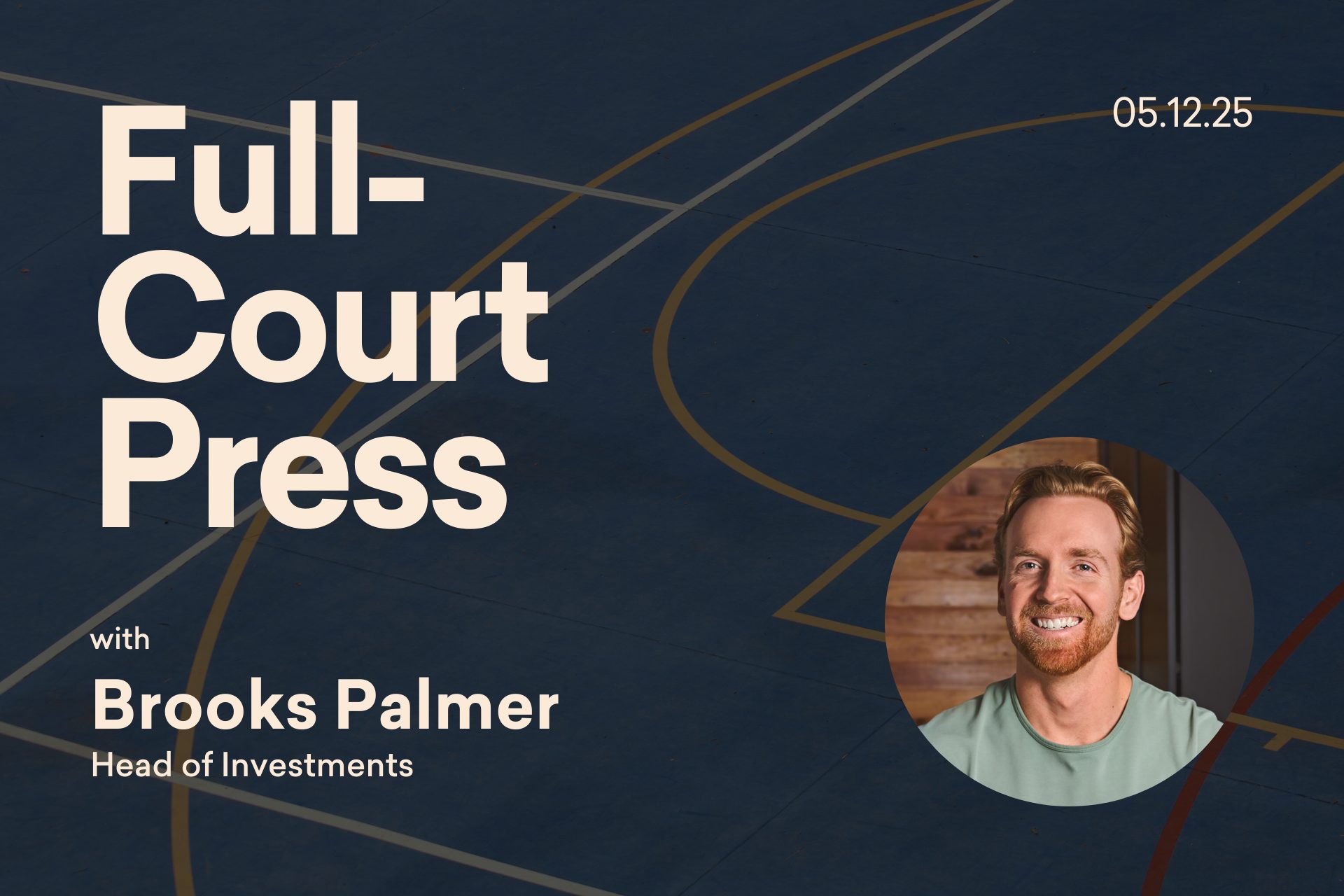With Warren Buffett officially signaling that the next generation will soon take the reins at Berkshire Hathaway, it feels fitting to revisit Berkshire’s ascent and the philosophy of its “architect,” Charlie Munger. Rest assured, we’ll pay tribute to Buffett’s genius in due time.
If you’ve never picked up Poor Charlie’s Almanack—which I had the pleasure of reading this past year—consider this your nudge. It’s worth its weight in gold. Short on time? Charlie’s final interview offers a condensed hit of his brilliance. His timeless riffs—especially The Psychology of Human Misjudgment—cut across professions and industries. But as a tribute to Charlie’s genius, it’s also worth applying a skeptical lens to his (and Berkshire’s) approach.
To begin, let us keep in mind:
“I regard all investing as inherently damn difficult.” – Charlie Munger
Before anyone sets out to emulate what Buffett and Munger built, they should start by fully internalizing this truth. For every Charlie, there are thousands who applied the same principles, picked investments based on “quality”—and failed, never to be heard of again.
Do I believe there are outliers like Charlie, Jim Simons, or Ken Griffin who have an edge in markets? Yes. Do I believe there are exponentially more firms chasing that same dream, capitalizing on the idea of becoming the next Charlie or Jim, only to deliver subpar outcomes to investors? Without question.
Here’s the kicker:
- Access, Denied: 99% of investors do not have access to the managers who are winning to the point where they’ll become household investing names.
- Track records don’t always travel well: Once those managers become household names, many shift from elite investors to asset gatherers. That pivot is usually more lucrative for the manager than the client.
- Survivorship bias is real: For every success story, how many firms pitched the same thesis yet quietly flopped? The line between luck and skill is razor thin.
Charlie was famously critical of the efficient market hypothesis; the idea that market prices accurately reflect known and available information. And while he made a compelling case against, his arguments often carried the benefit of hindsight. It’s easier to critique the theory after you’ve built one of the best investment track records in history!
But the more pressing questions are:
- Who is likely to produce a similar record going forward?
- And will Berkshire continue to deliver without Charlie and Warren at the helm?
Poor Charlie’s Almanack is, in some ways, an attempt to answer the first question. Yet, for those aiming to follow Munger’s advice to the letter, the implications are worth unpacking. A concentrated portfolio of “high-conviction” stocks may sound reasonable—but it only takes one miss to derail a lifetime of returns. Famous research from Hendrik Bessembinder shows that just 3% of global stocks account for almost the entirety of market gains. Pick wrong, and you may never recover.
Zooming out, there’s an important behavioral lesson from years of investor conversations–you cannot convince someone that their lived experience was incorrect. If someone made millions betting on Nvidia or Palantir and tells the story of the fateful day when he saw what the future held for these glorious companies…odds are they won’t credit luck, or embrace the merits of a low-cost, broadly diversified basket of businesses as the path to a durable, beautiful, compounding plan.
They might be fooled by randomness. But their conviction? That will endure.
So, by all means, marvel at the wonder that has been Berkshire Hathaway. But don’t kid yourself: you’re not Charlie Munger, neither am I, and neither is anyone else. The good news? We don’t need to be in order to pursue fantastic investment outcomes!
CONSIDER
“You need to make yourself a big target for luck and the way to do that is to be curious, try lots of things, meet lots of people, read lots of books, and ask lots of questions.” – Ed Catmull, Founder of Pixar
That might seem obvious, but let’s use my favorite Munger-ism and “invert, always invert.”
How can you ensure that you will not get lucky? Stay busy so you don’t have time to think. Find your comfort zone and rarely stray from it. Only speak with the people you must. Do not read unless it’s absolutely required. Aim to figure things out with little help (mostly on your own).
–
Let’s get after it this week!
Brooks
Brooks Palmer, CFP® is Head of Investments at Root where he helps identify, evaluate, and implement investment solutions tailored to clients’ needs. In Full-Court Press, he breaks down what’s happening in the markets—cutting through the noise and jargon—while connecting it to Root’s core investment tenets so you can make the most of your money and your life!
Advisory services are offered through Root Financial Partners, LLC, an SEC registered investment adviser. This content is intended for informational and educational purposes only and should not be construed as personalized investment advice or a recommendation to buy or sell any security. Any forward-looking statements, including expectations about market returns, are hypothetical in nature, do not reflect actual investment results, and are not guarantees of future performance. Past performance is not indicative of future results.



